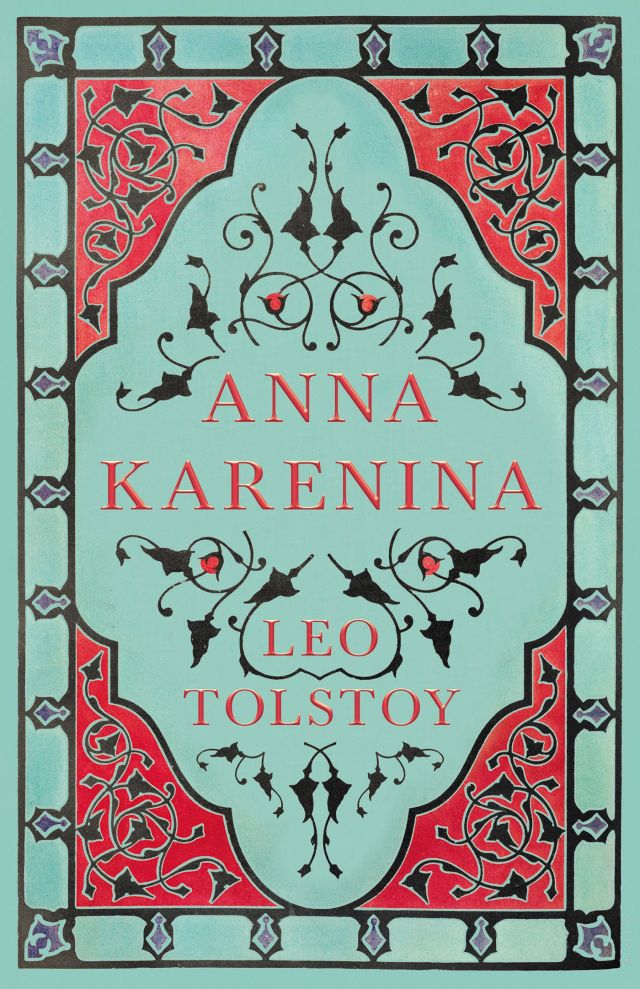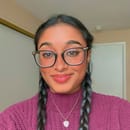I have read a lot of books. Like a LOT.
From Geronimo Stilton to Divergent to The House On Mango Street, reading is my personal escape. Or purgatory. Whichever floats your boat. But, over the last 2 years, I have been getting into the world of literature. And when I say it changed my worldview, I mean it.
Now, I get it. Literature is hard to get into and it’s not always the easiest to digest. However, many stories are thought-provoking and relate to the time period they were released, making the experience of piecing together a timeline rewarding. Literature helps me understand the world from a cultural and philosophical standpoint. I find that with classic literature, I am able to dive into the lives of others in a way that isn’t necessarily in a dystopian world.

My all-time favorite novel would hands-down be Anna Karenina by Leo Tolstoy. To put it simply, think of it as “Keeping Up With the Kardashians” during the Industrial Revolution in Russia. Now, I’m not saying this to downplay the absolute literary genius that Tolstoy is. However, I find that making current connections to the classics I read helps me understand them more. Often times I find it comforting to experience different cultures without having to actually travel to the location. My favorite quote comes from this book, “Every heart has its own set of skeletons.” I could talk about this book for hours and the impact it had on my view of love and self-growth. This book has been significant in not only my reading journey but also can be applied to the phase in life I’m in. It’s the kind I can come back to every 5, 10, or 15 years and apply a different meaning to.
If you want to get started, but don’t know where to start, here’s a guide to help:
1. Start with a genre: Pick a trope or genre you usually read and find similar ones in classics. Finding something that actually interests you is key to keeping your motivation to continue reading tough books. Over time, you’ll find your niche and can easily narrow down which kinds of styles you like experimenting with.
2. RESEARCH: I cannot stress this enough. A lot of the time not being able to enjoy reading literature stems from not completely understanding the context of the story. Making sure you can at least comprehend, with context clues, the time period the story is set in and the author’s purpose will definitely help you dive deeper into the author’s message.
3. Set goals: It’s easy to set a timeframe for yourself rather than diving straight into War and Peace and binging it in a day. The goal when reading classics is to understand why the author is sending a certain message through their characters and how it relates to the real world. Everyone’s timeline is different, so learning to read at your own pace after cramming Shakespeare in 3 weeks back in high school will take some time.
4. Purpose: Read with a purpose. This goes for any book classic or not; recognize why you’re reading the book you picked up. This will help with comprehension and with expanding your perspective to more than what meets the eye. I find that annotating my classics helps me digest certain parts, especially if it’s a tedious section to read about (ie. Levin farming potatoes for 3 chapters). Learning to recognize how different parts of the story influence each other can better help you gain an overarching message from the author.
All of this to say, even after all this, reading literature might not be for you, and that’s okay. I never really enjoyed it until I started picking it up outside of school. It felt less like homework when I actually enjoyed what I read. If you’d like some recommendations to get you started, here are some of my easy favorites (in order of book-length; short to long)!
- The Strange Case of Dr. Jekyll and Mr. Hyde – Robert Louis Stevenson
- Narrative of the Life of Frederick Douglass – Frederick Douglass
- A Passage to India – E.M. Forster
- Crime and Punishment – Fyodor Dostoevsky


